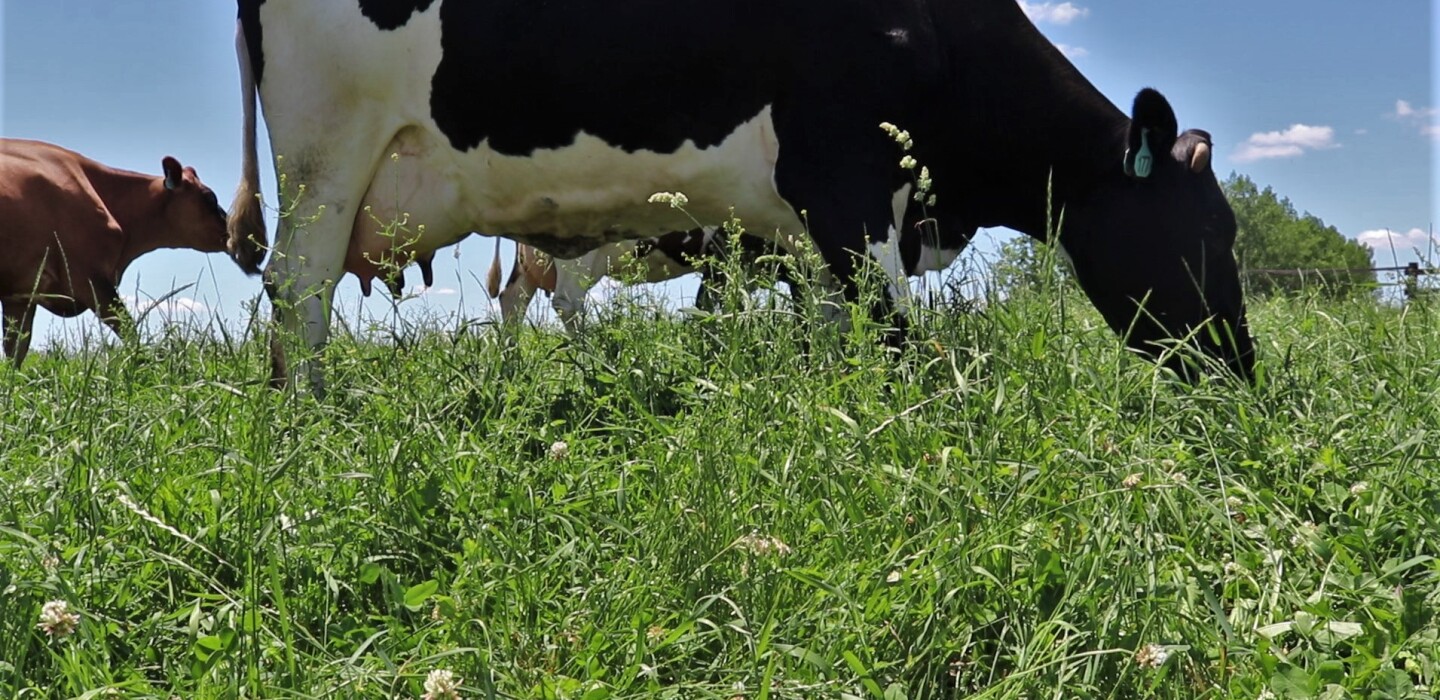The troubles with milk cows - Agweek

Ma's Cow, Molly, and the rest of the cows who ambled into their stanchions had their own personalities.
Some were troublemakers who found weaknesses in the pasture fence; others were kickers who struck at the worst possible time. The bell cow — mellow and aged — led the group home from the pasture at milking time and into the barn.
The herd found trouble through no fault of their own. How could this happen? A passerby pounded on the front door at midnight to say that cattle were standing on the township road next to the corn field.
I had — out of haste or caught in a daydream — not closed the cow yard gate. It was so beyond stupid that there was good reason to dig a hole and jump in headfirst. Dad slapped me across the face because the cows were making shambles of the corn.
It was the first and last time he lashed out that way because we got along well. He helped carry stainless steel pails of milk to the bulk tank, kept the walkway clean, and bedded the stalls. We listened to Twins baseball and polka music on the finicky barn radio that cutout at the worst possible times.
ADVERTISEMENT
The radio had been in the house, but Mother bought a replacement with egg money and exiled the old one to the barn, where it shared space with bag balm and an empty liquor bottle left behind by an older brother.
We disagreed sometimes over what station the radio should be tuned to. I liked jarring rock-n-roll and Dad old-time. He said cows milked better with polka and country western embodied by Hank Snow and Patsy Cline.
Dad did not know it, but science backed his opinion that cows milked best when slower, less head-pounding music played. A U.S. study conducted a couple of decades ago found that cows milked more while listening to softer, slower music produced 3% more milk. A study in Great Britain concluded that classical music also boosted production.
Cows can be mighty surly when their habits are interrupted. That was the case when a neighbor going on vacation asked me to do his chores. Don't play anything other than polka and never enter with the milk machine on the left side of the cows.
I ignored the last advice and played a steep price. Kicking cows left me with bruises before making the switch from left to right.
One cow, which mercifully lasted only three lactations in our herd, caused more bruises and pain than the bovine that destroyed Chicago.
You probably remember Mrs. Catherine O'Leary's cow. It kicked over a kerosene lantern and started the Great Chicago Fire on Oct. 8, 1871. The fire killed 300 people, left 100,000 people homeless, and damaged 3.3 square miles of the city.
Enterprising and dishonest reporters turned Mrs. O'Leary and her cow into villains. After the fire, Mrs. O'Leary seldom if ever left her home. Fiction triumphed over fact until a couple reporters admitted years later that they had made up the entire story.
ADVERTISEMENT
The truth was Chicago was a tragedy waiting to happen. Its buildings were almost all made of wood and the summer of 1871 was hot, dry, and windy. Although a fire did start in O'Leary's barn, there were others that day.
Our bell cow was not above making mischief. The fence on the east end of the pasture was weak. When it rained too much the barbed wire washed away and when the creek dried up in drought cattle could easily walk into the unused pasture on the other side.
The neighbor's pasture was filled with nettles and infested with mosquitos, horseflies, and skyscraper-tall weeds. When the neighbor called, it was my job to bring the herd home.
The job could have been worse.
The bell cow turned the herd around without argument, which gave me time to rest in the shade of a large cottonwood. A nap while the wind carried soft clouds across the sky does something good for the soul.
Mychal Wilmes is the retired managing editor of Agri News. He lives in West Concord, Minnesota, with his wife, Kathy.
Comments
Post a Comment